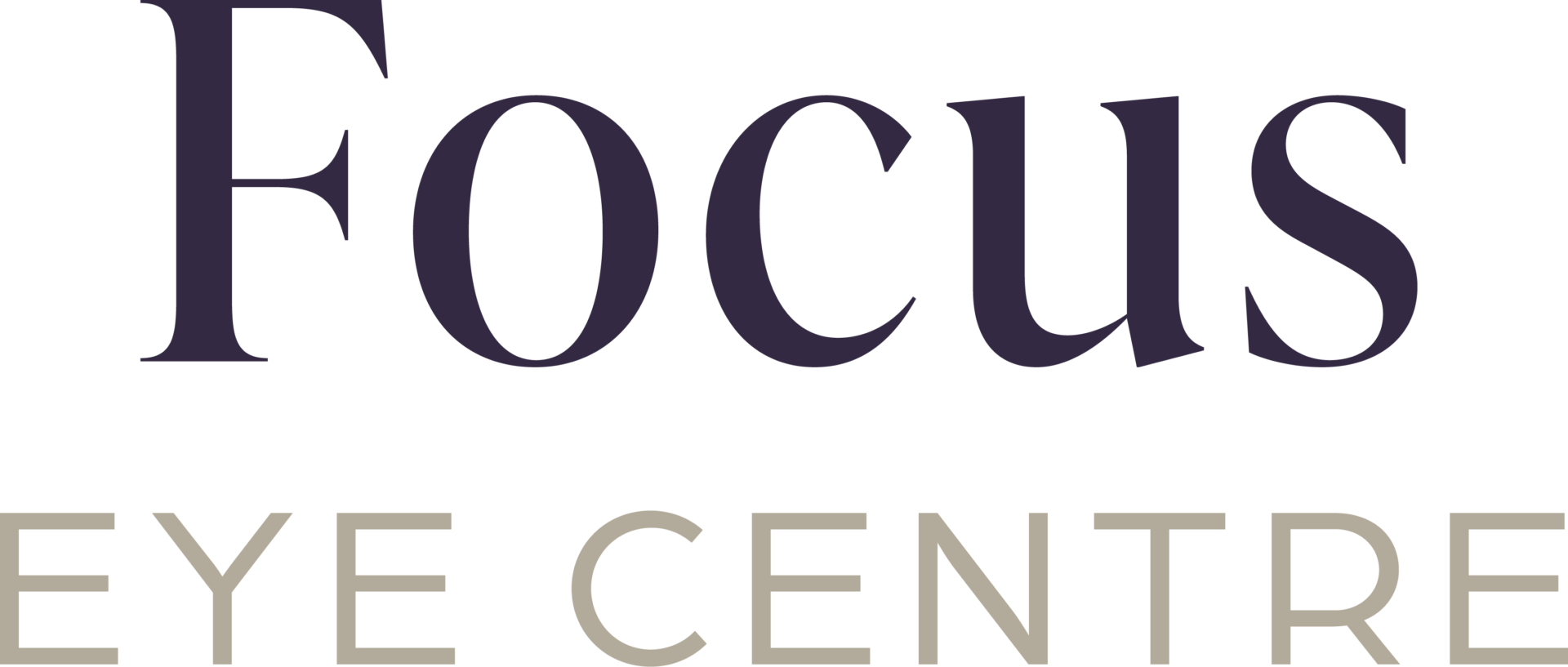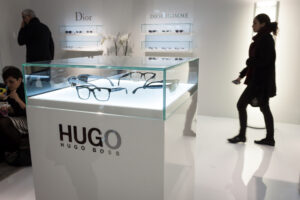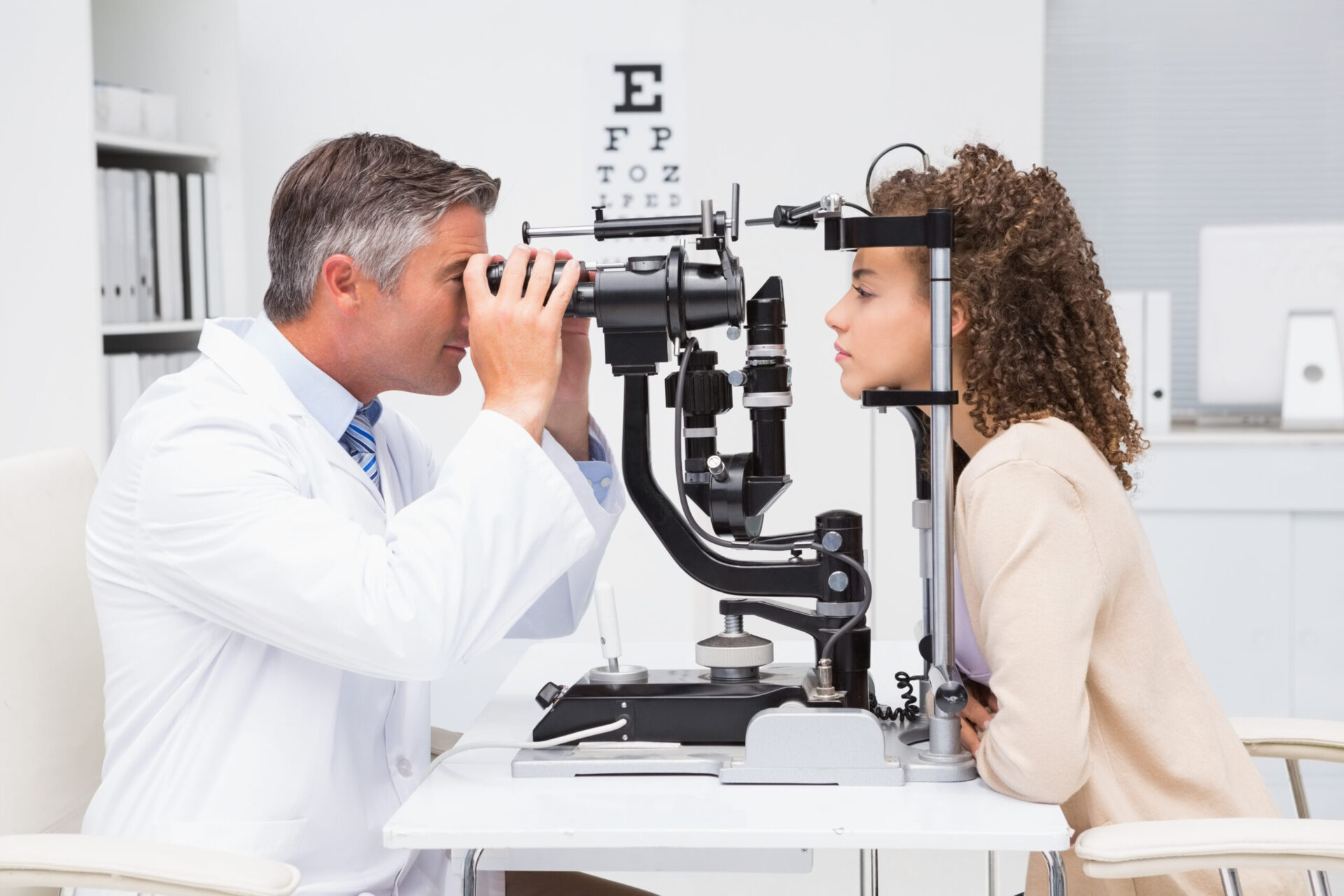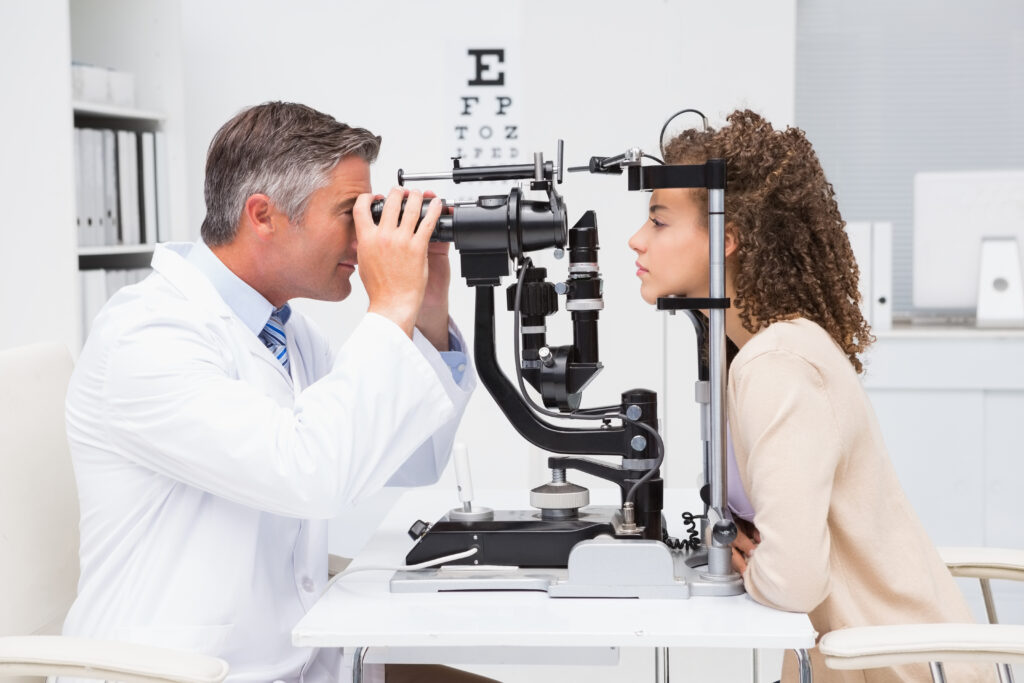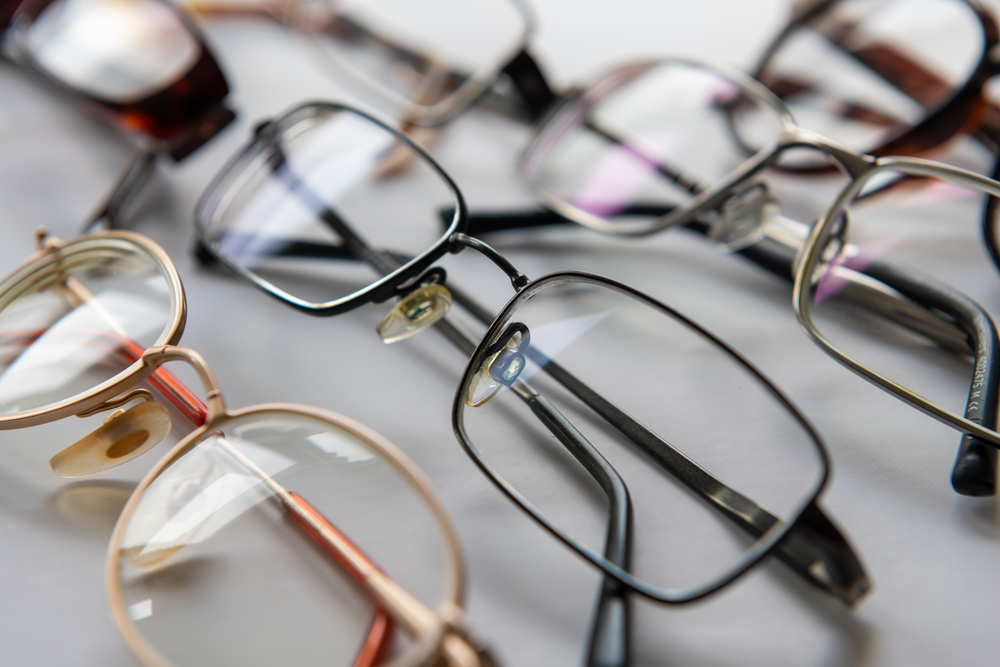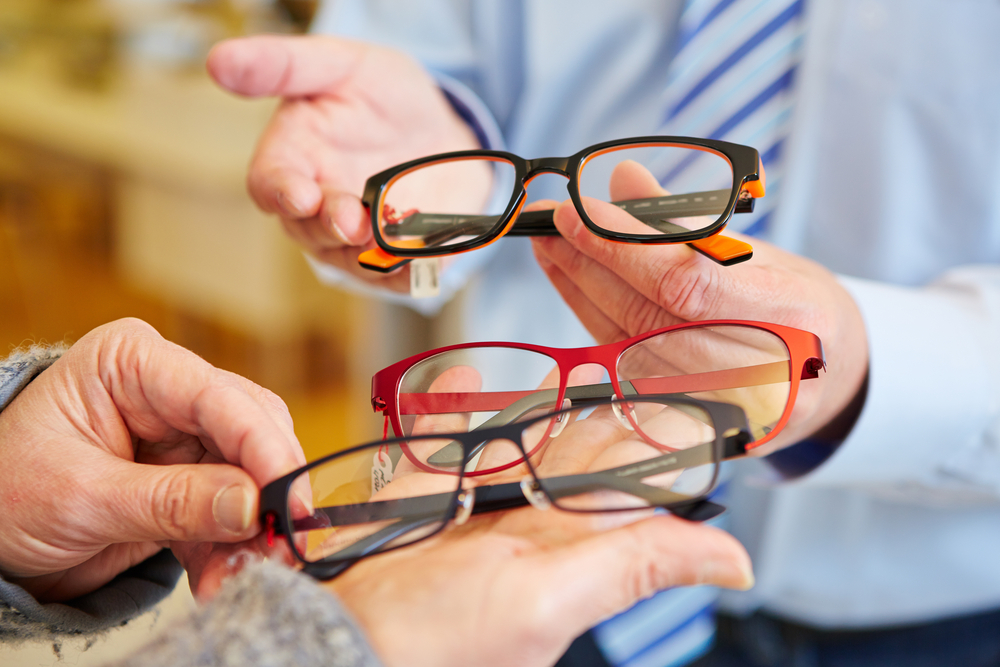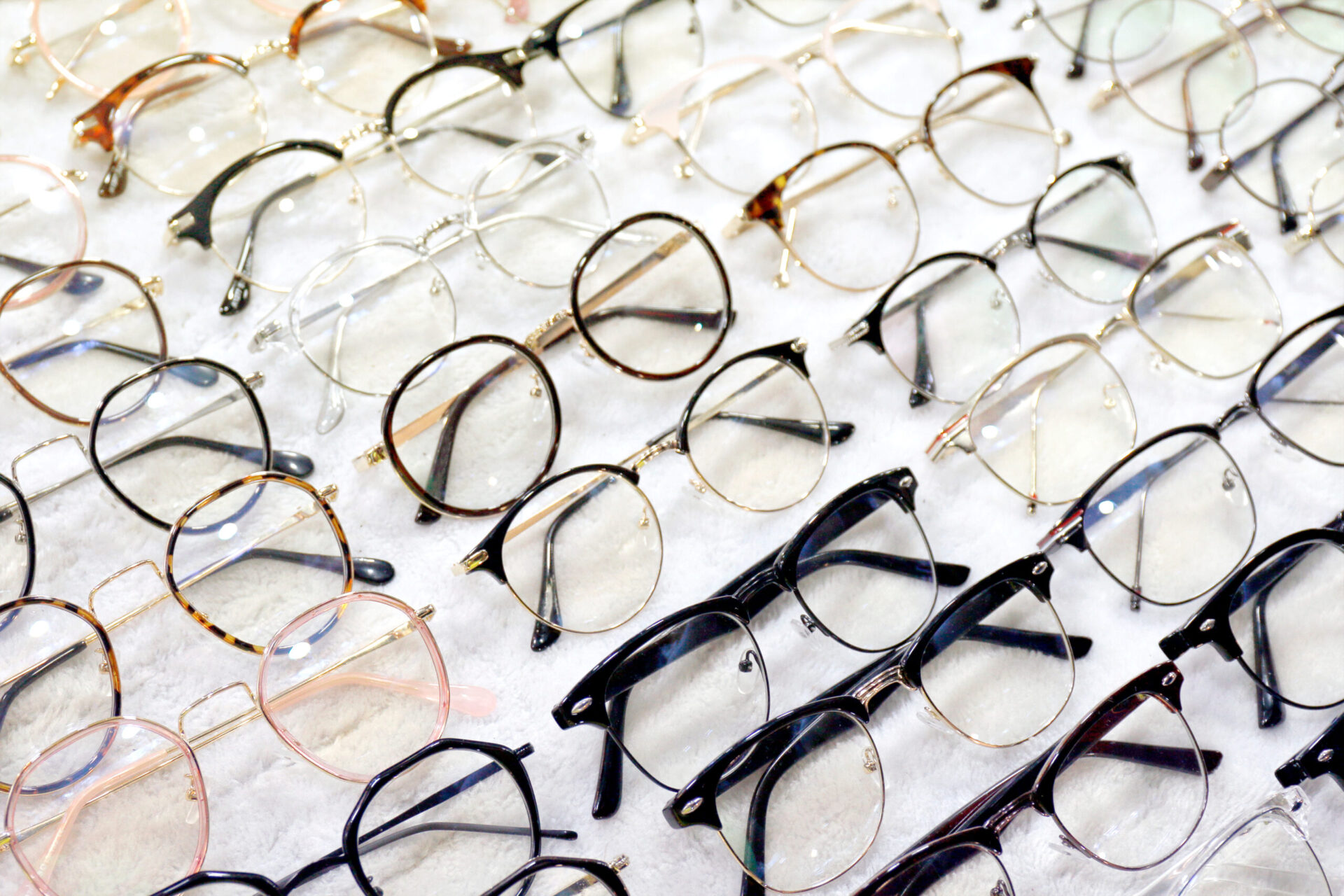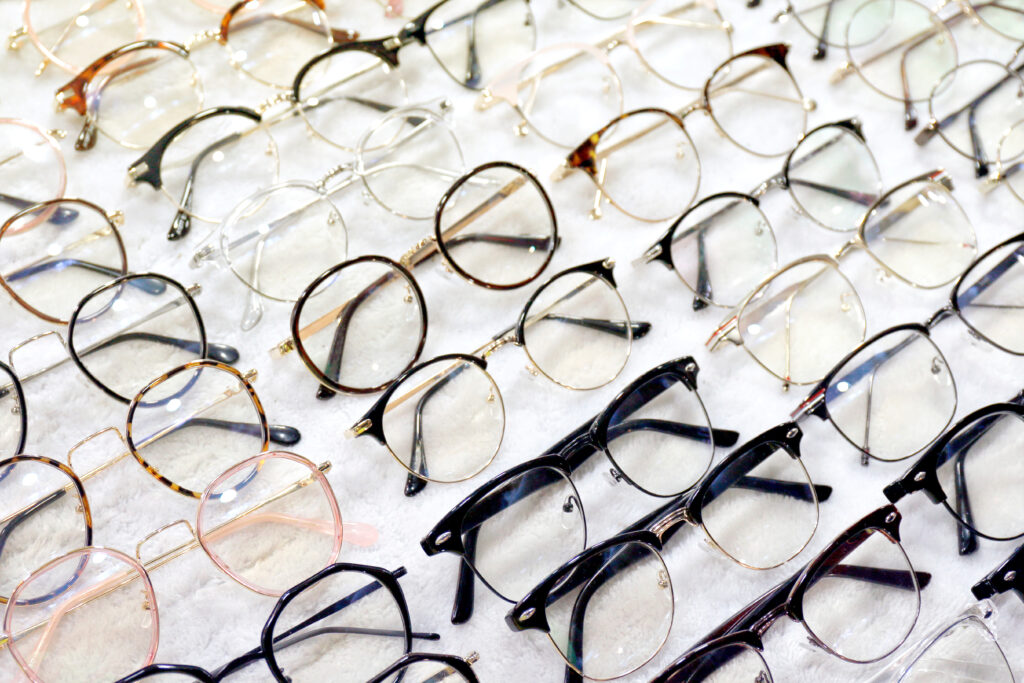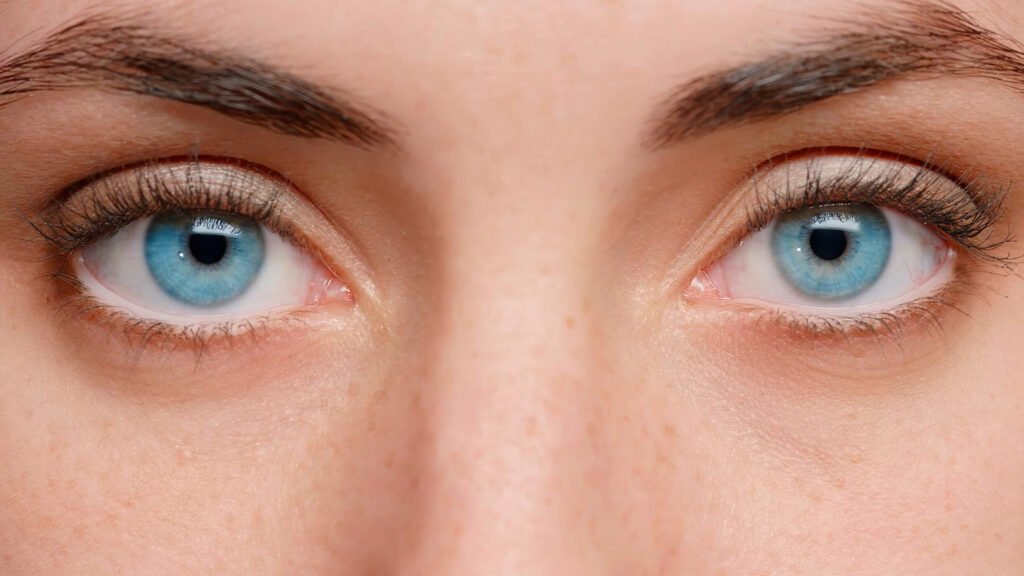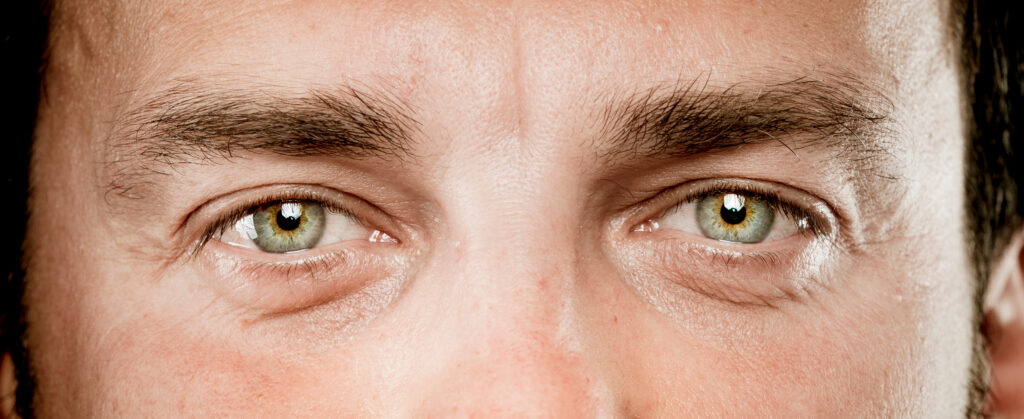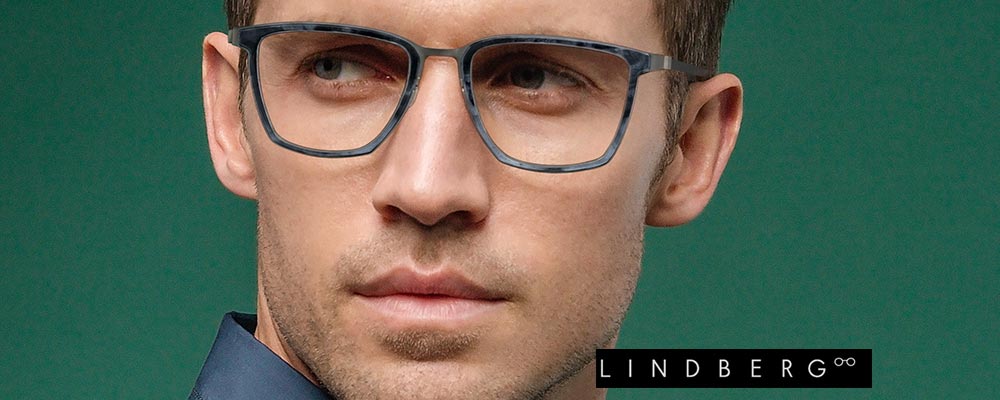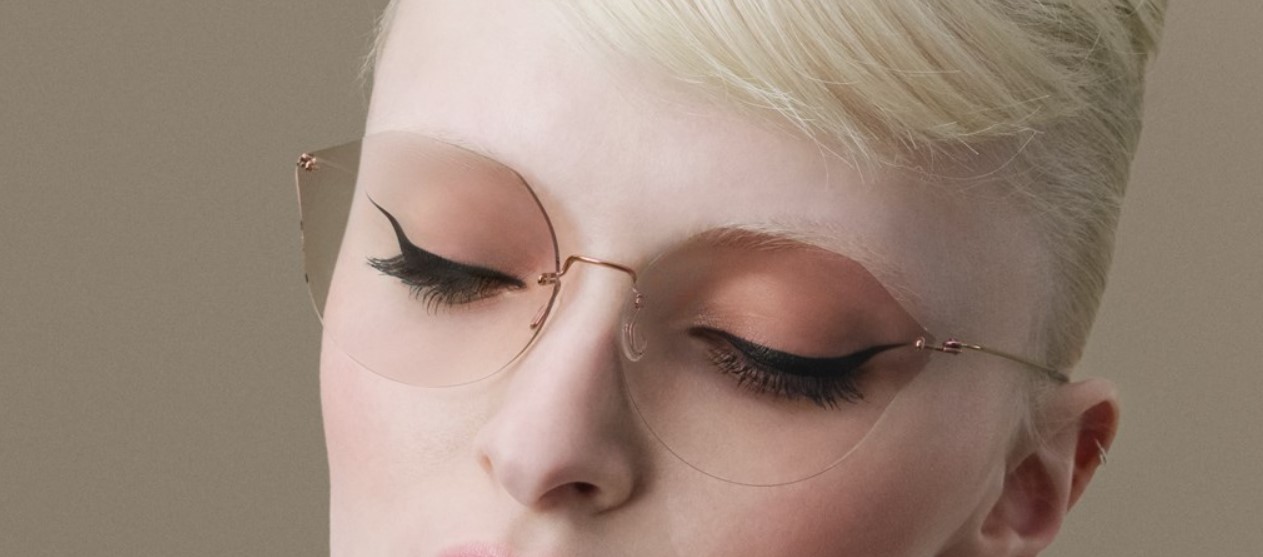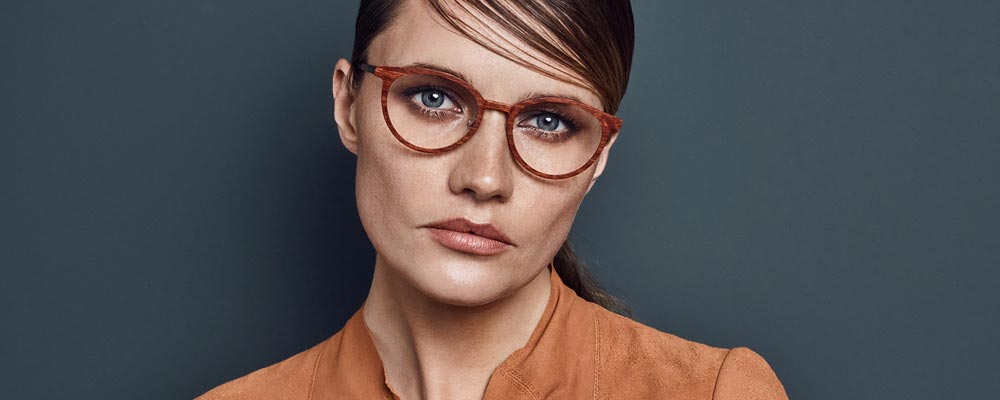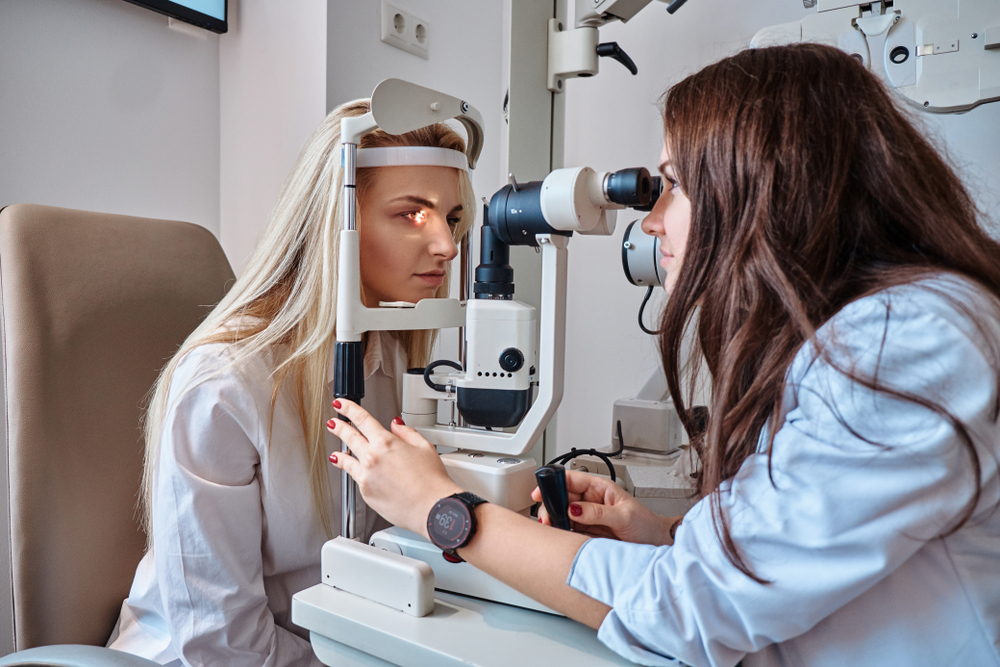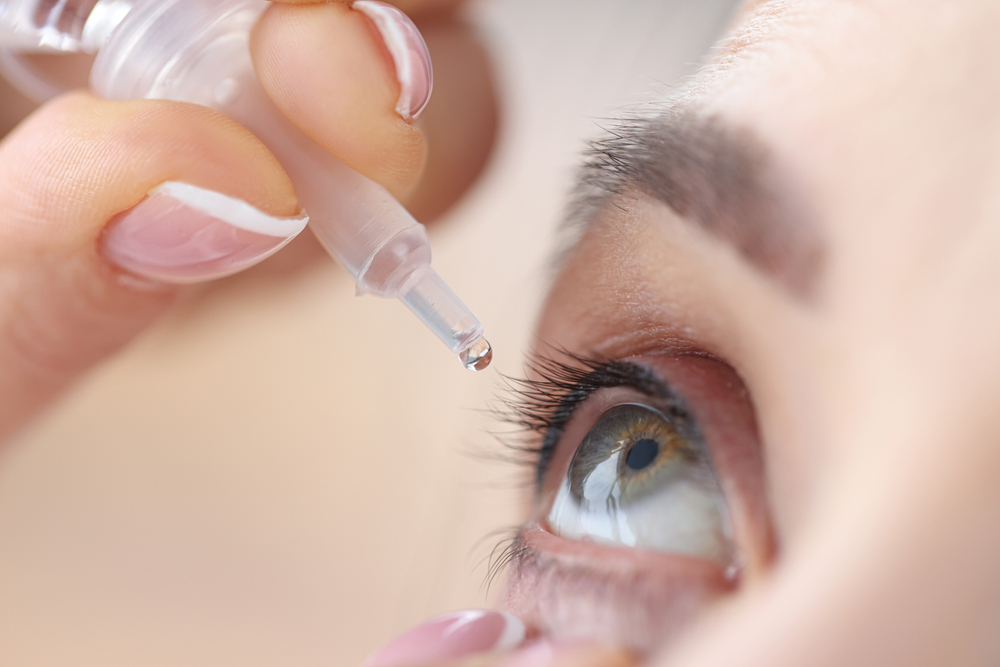Your eyesight is one of your most valuable tools in life. Wouldn’t it be wonderful if you could reduce your child’s risk of becoming short sighted? Well now you can if you come in to Focus Eye Centre!
Myopia (short-sightedness) is a result of an excessive elongation of the eye where light focuses in front of, instead of on, the retina. This causes distant objects to be blurry while close objects appear normal. As a parent, it is your responsibility to be knowledgeable about the common risk factors for myopia and what you can do to prevent its progression. In this article, we will discuss myopia management in children and how you can help to possibly reduce short sightedness for your child, as this is when treatment is most effective.
Recent studies have shown that the prevalence of myopia is on the increase (by over 70% in Asia & by up to 50% in the US & Europe).

What can we do to try to prevent Myopia and it’s progression
Near activity
The association between near work and myopic progression has been evaluated in numerous studies and the outcomes were beyond doubt. It is recommended to limit the time children are spent undertaking near-visual tasks ie viewing mobile phones and tablets. Special spectacles incorporating a reading prescription can be prescribed if excessive near accommodation is found during an eye examination.
Time outdoors
Strong evidence exists that spending time outdoors (more than 2 hours per day) can protect against the onset of myopia (short sightedness) and possibly reduce the final level of adult myopia. The total time spent outdoors appears to be an important factor, rather than the nature of the activity undertaken.
Spectacles and contact lenses
Recent theories & studies are now suggesting that one of the reasons for myopic progression is that conventional spectacles and contact lenses are such that, whilst the central image formed on the retina is in focus, the peripheral image formed by these lens designs is behind the peripheral retina. It is thought this may promote elongation of the eye as it attempts to form an image on the peripheral retina. By prescribing optical corrections such as peripheral de-focus spectacles (MiYOSMART or Stellest lens) and special contact lenses (soft dailies & orthokeratology) we now have options to help slow myopic progression and improve outcomes for younger patients. Studies have looked at pharmacological intervention (such as the Atropine for treatment of Myopia Study) to reduce myopic progression, but this option is not currently available in the UK. Single vision under correction was a popular option for myopia management. However randomised clinical trials unequivocally have shown not only does this strategy not work, but actually can cause progression of myopia, therefore is not recommended as a myopia control strategy.
It is important to note that no one treatment can promise to stop myopia progression in children, only to slow it down.
Why you need to act now
The earlier the onset of myopia in an individual generally leads to a higher level of myopia in later life which increases risk factors for several ocular pathologies including glaucoma, cataract, retinal detachment, & myopic maculopathy brought about by the accompanying elongation of the eye. The highest risk is typically found in high myopia & -5.00DS. So, if we can reduce how myopic an individual ends up as an adult this will reduce their risk of developing certain pathologies in later life.
A reduction in the final level of myopia by only 1 dioptre reduces the lifetime risk of macula degeneration by 40% and the risk of vision impairment by 20%. Myopia progresses fastest in younger children, especially those under 10. This means that the most important opportunity to slow eye growth is when children are younger. Myopia management aims to apply scientific treatments to slow excessive growth to a lesser rate. Experts agree that myopia management should be commenced as soon as a child becomes myopic and continue into their late teens.

Recommended available interventions
Multifocal or bifocal spectacle lenses
This is a lens correction with a reading zone in the lower part of the lens that reduces accommodative effort which helps reduce myopic progression. Various studies show this type of correction can reduce the final level of adult myopia by approximately 11-46%, especially for individuals with additional near vision focussing issues(1).
Peripheral de-focus spectacles
This is a lens which has special ringed zones in the periphery which create a peripheral de-focus which reduces the stimulus for the eye to continue to elongate slowing myopic progression. Studies have shown this type of intervention can reduce myopic progression by up to 67% when worn 12 hours a day(2). The MiYOSMART lens from Hoya and the Stellest lens from Essilor are game-changing innovations in the field of myopia control and are now available at the practice.
Multifocal contact lenses
This works by allowing a clear central image to be formed on the retina whilst reducing the peripheral hyperopic defocus that is typically found in myopic eyes. This reduces the elongation of the eye. Various studies show this type of correction can reduce the final level of adult myopia by approximately 30-50% (3). We are accredited to fit the MiSight Soft Daily myopia control lens at the practice.
Orthokeratology
Orthokeratology lenses ( Ortho-K ) are rigid contact lenses that you sleep in which gently alter the shape of the cornea ( like braces on teeth) so on awakening you can see clearly for the day without the need for contact lenses or spectacles. With regard to myopia control, this works by flattening the corneal curvature in such a way that creates peripheral hyperopic defocus which reduces the stimulus for the eye to elongate similar to the other methods of myopia control. Various studies have shown this type of correction can reduce the final level of adult myopia by approximately 32-63%(4).
Please note: Wearing contact lenses increases the risk of eye infections compared to spectacles with the risk being, 1 in 1000 wearers per year for reusable soft contact lenses or overnight ortho K lenses and 1 in 5000 wearers per year for daily disposable soft contact lenses. With proper hygiene and maintenance, this risk can be well managed.

How do I arrange for my child to be screened?
We will be able to discuss myopia management screening during your child’s eye examination and make recommendations. A child’s eye examination is £45.00 with one of our specialists at Focus Eye Centre or covered for one child under a parent’s care plan. This will not include the special eye length scan and growth percentiles report but this is available for an extra charge of just £25.00.
Alternatively, the easiest way to manage your child’s care is to join our Myopia Monthly Plan which will include all measurements, a tailored treatment plan and regular followups for just £7.95 per month*
Please note: the basic NHS child’s eye examination will not include any myopia management treatment plans, scans or follow ups.
*This is separate to the parent’s care plan which only covers a basic eye examination for one child. The Myopia plan covers the clinical time needed to manage this service but any spectacle or contact lenses needed are at an additional cost.
References
1. Brien Holden Vision Institute ( bhvi.org ) – Myopia Management
2. Bao, J., Huang, Y., Li, X., Yang, A., Zhou, F., Wu, J., Wang, C., Li, Y., Lim, E.W., Spiegel, D.P.,
Drobe, B., Chen, H., 2022. Spectacle Lenses With Aspherical Lenslets for Myopia Control vs
Single-Vision Spectacle Lenses: A Randomized Clinical Trial. JAMA Ophthalmol. 140(5),
472–478. https://doi.org/10.1001/jamaophthalmol.2022.0401.
3. Optometry Today Volume 58:02 February 2018 – Myopia
4. Review of Optometry July 2012 – Consider ortho K for myopia control
